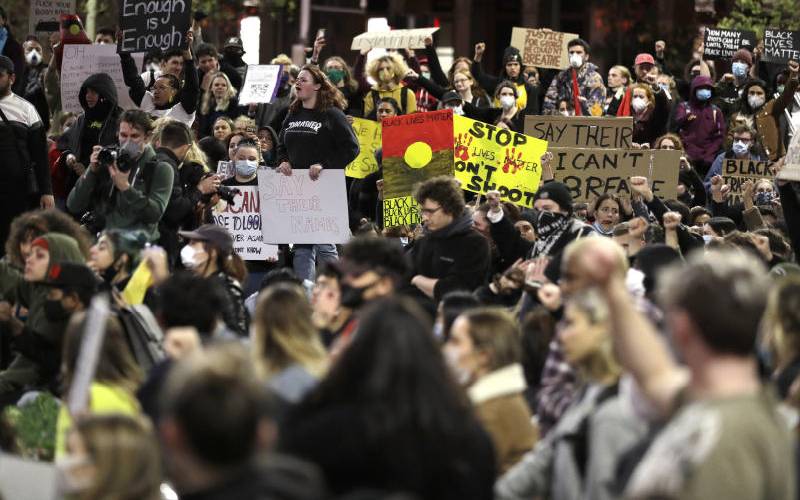
The world is showing solidarity with the black community in the US by holding protests to highlight injustices meted out against African-Americans. Africa too, has stood by the long marginalised minority community following the death of George Floyd, an unarmed black citizen in the hands of a white police officer in Minneapolis.
For decades now, black communities across the US have persistently been targeted by law enforcers, with unfair arrests, shootings and deaths, with the news making it to the media with increased frequency. This is despite efforts to tear down the racial barriers that exist between an elite white population and a growing population of blacks, Hispanics and Asians.